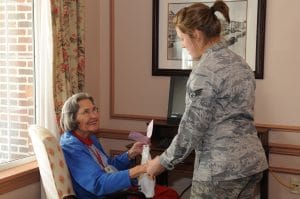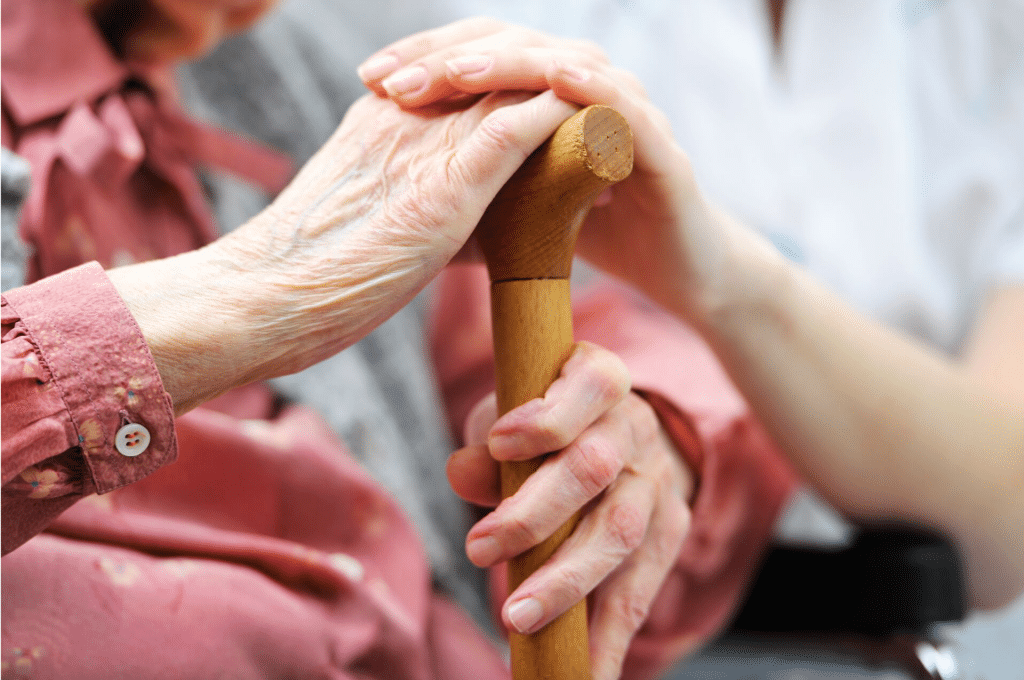Home Away From Home
Assisted Living Facilities may become an alternative as we age. It isn’t easy to find a place suitable for the needs of your family or loved one when they become unable to totally care for themselves. These facilities offer many advantages for a person who feels depressed or needs help with daily activities. Several different types of homes exist, but you would want to check out the needs of the patient and the advantages of each facility before signing a contract for your loved ones. Not all are alike, so let’s examine how to find the right one. It depends on how healthy or active the person is. Are they active and over 55? It’s important to consider if you have dementia/Alzheimer’s or any other condition that might require special attention. Or, you may just be looking for an amazing place to live?
There are several different facilities, according to the needs of the resident, which offer activities to suit their needs. Activities consist of daily exercises, shopping trips, music performance, cooking demos, manicures, bowling, volley ball and golf. Activities and special events are normally planned on a week to week basis. There are movie nights and trips to the store. Their vehicles are equipped for wheel chair patients and supervised by attendants who assist with physically challenged residents.
If you are able to cook and do things for yourself, you may want an Active 55 or independent living facility. Some places offer 1 and 2 bedroom suites. These come with many amenities, and are often fully equipped with washer and dryer, granite countertops, central air, walk-in closets, and covered parking. Residents can enjoy an amenity package that includes a barbeque area, beautiful courtyard and fountain, fire place, resident lounge. Some have a café, full service hair and nail salon, library and genealogy center, game room, fitness center and more.
There are other community resources and people who volunteer to consult residents about elderly challenges and issues such as Medicare, Social Security, Wills and Insurance. Some volunteer organizations ask permission for their members to visit with residents and read to them or write letters for them. .
MEMORY UNITS – These units have Caregivers to be with the residents and watch over them. These facilities offer many advantages for a person who needs help with daily activities. Special meals are prepared and brought into the Unit. Aids (CNAs) are with the residents at all times and assist with bathing, comforting, and checking on them often to see that their daily needs are met. They even play games and help with small tasks for the mentally impaired. The nurses check vital signs and administer medication, and there is usually a doctor who comes in when needed.


 Going into an assisted living facility is a big decision, and one that should not, (and often cannot) be made on the spur of the moment. Many people will want to stay independent for as long as possible without being a burden on their families, so it makes assisted living a great alternative to traditional nursing home care. But are there things that should be prepared far in advance of entering a facility like this? The short answer is yes. For the long answer, read below!
Going into an assisted living facility is a big decision, and one that should not, (and often cannot) be made on the spur of the moment. Many people will want to stay independent for as long as possible without being a burden on their families, so it makes assisted living a great alternative to traditional nursing home care. But are there things that should be prepared far in advance of entering a facility like this? The short answer is yes. For the long answer, read below!



